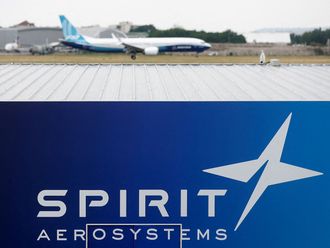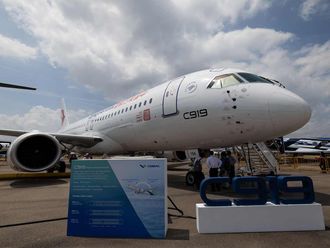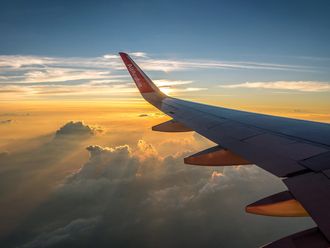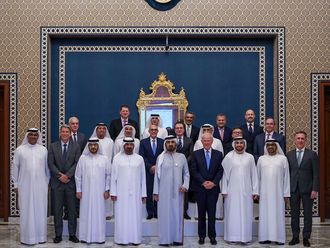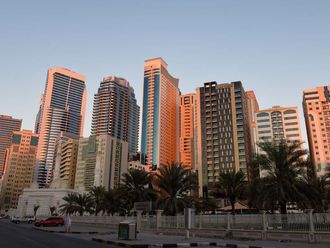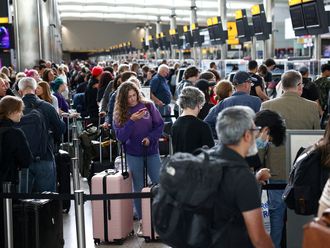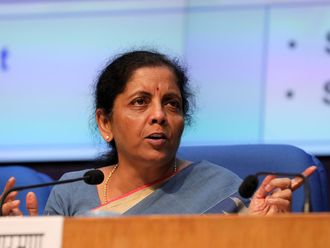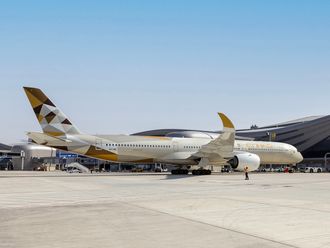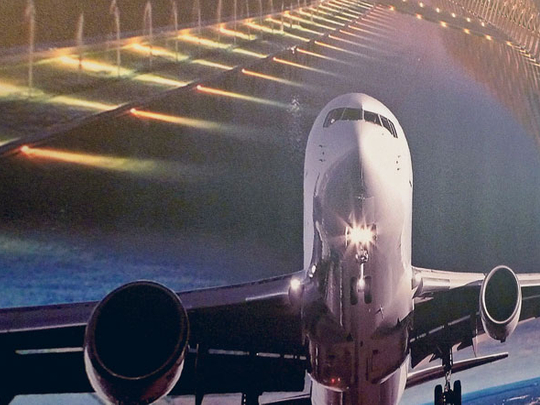
Dubai : The botched December 25, 2009 attack on a Detroit-bound Northwest Airlines flight is a big reminder that more needs to be done to protect air passengers, says a UAE-based aviation security official.
Speaking at the Airport Security Middle East 2010 summit, Johan De Waal, Head of Etihad Corporate Security Services, said his airline is one of 10 aviation firms working with the International Air Transport Association's (IATA) Security Group to make air travel safer in the wake of the failed attack.
Despite no injuries to the 289 people on board, De Waal said, "It's obvious there will always be the likes of the Christmas Day incident."
He said new, smarter technology is needed to create efficient effective security screening at the point of departure.
One of the latest issues IATA is pushing for, he said, is what the organisation calls a thorough "One-Stop Security", a process where "passengers, baggage and cargo are not rescreened if they have been adequately screened at departure", he said.
Tougher screening
European biometric expert Max Snijder said the industry is already introducing more screening technologies to crack down on terrorism.
Increasingly, countries around the world are introducing the use of biometrics systems to measure facial and iris characteristics of travellers in addition to standard passport-photo images for identification purposes.
Biometric check-in
New biometric technology is now reading vein patterns in skin as well as hand geometry to measure the handprint size of a traveller against pre-recorded documentation, said European biometric expert Max Snijder.


